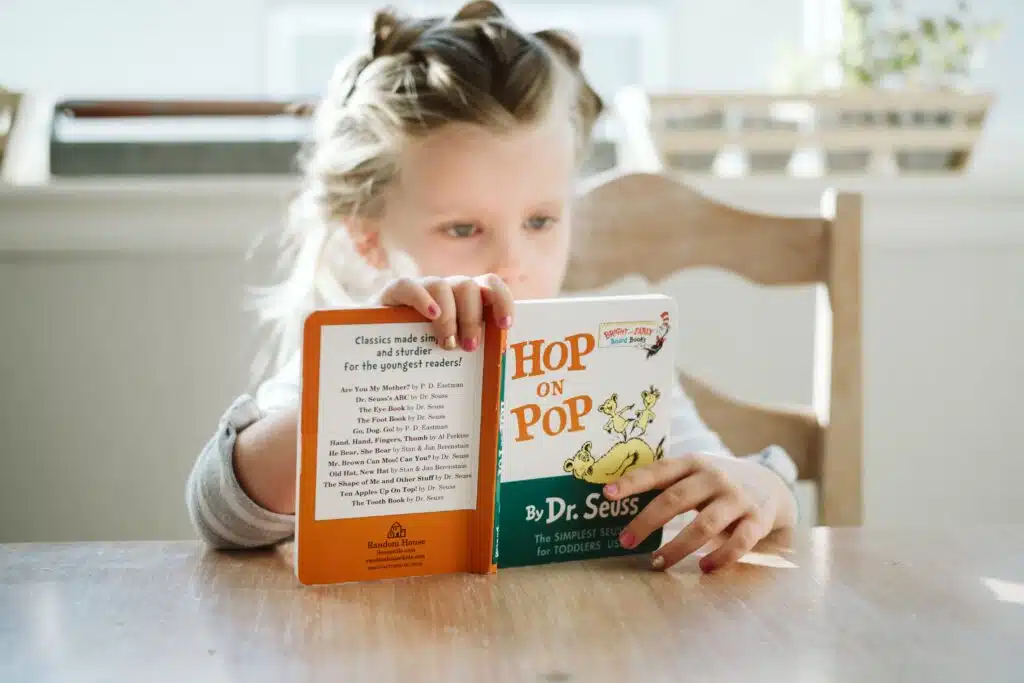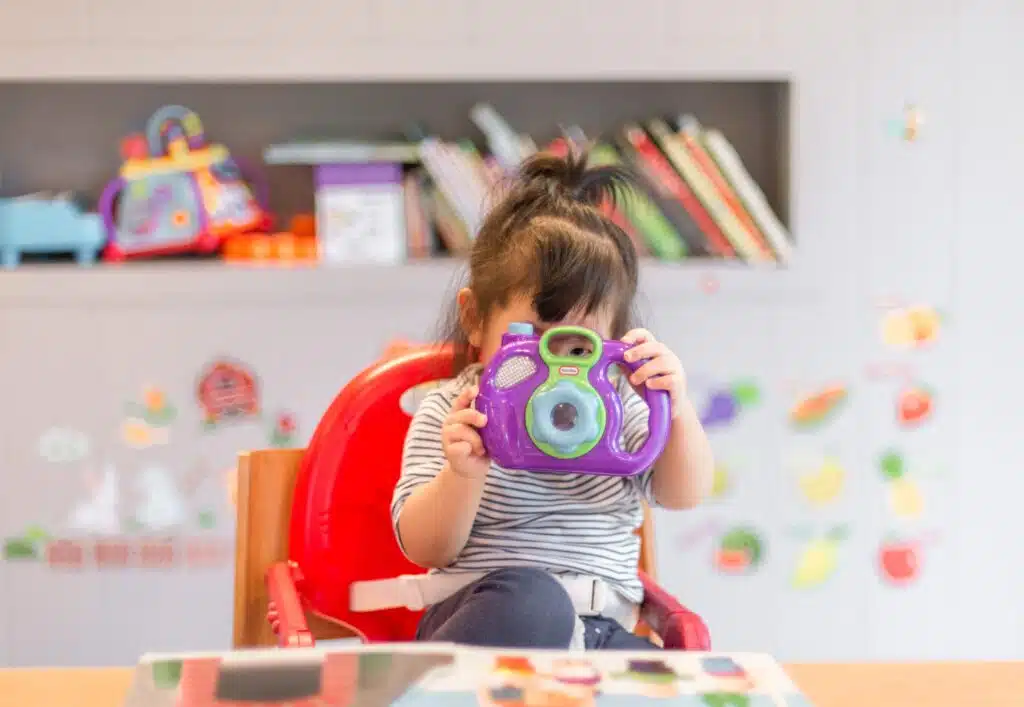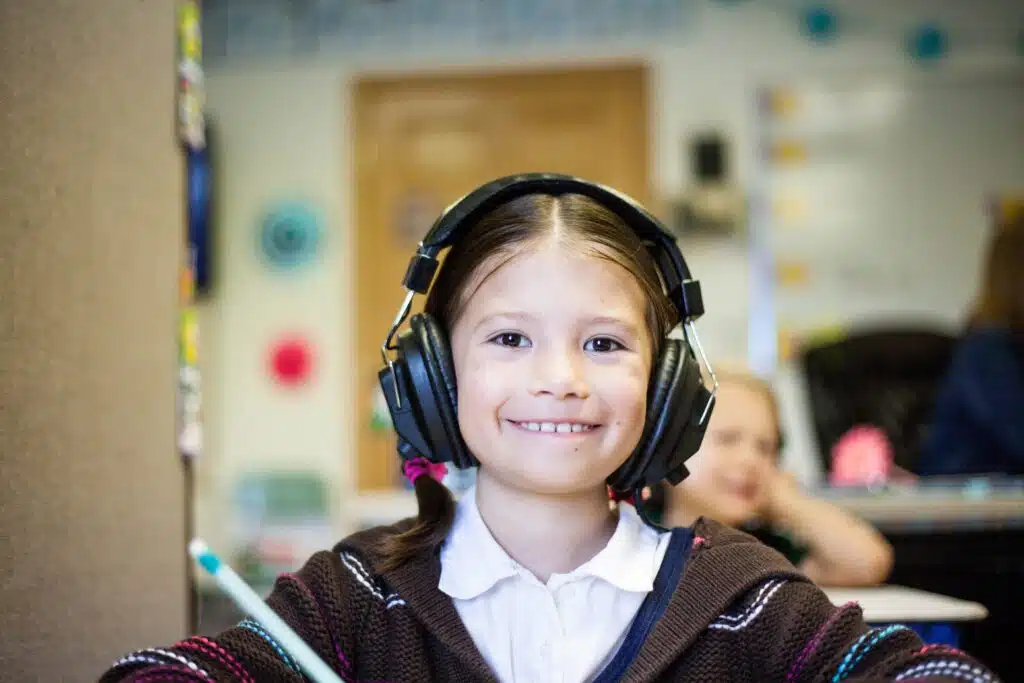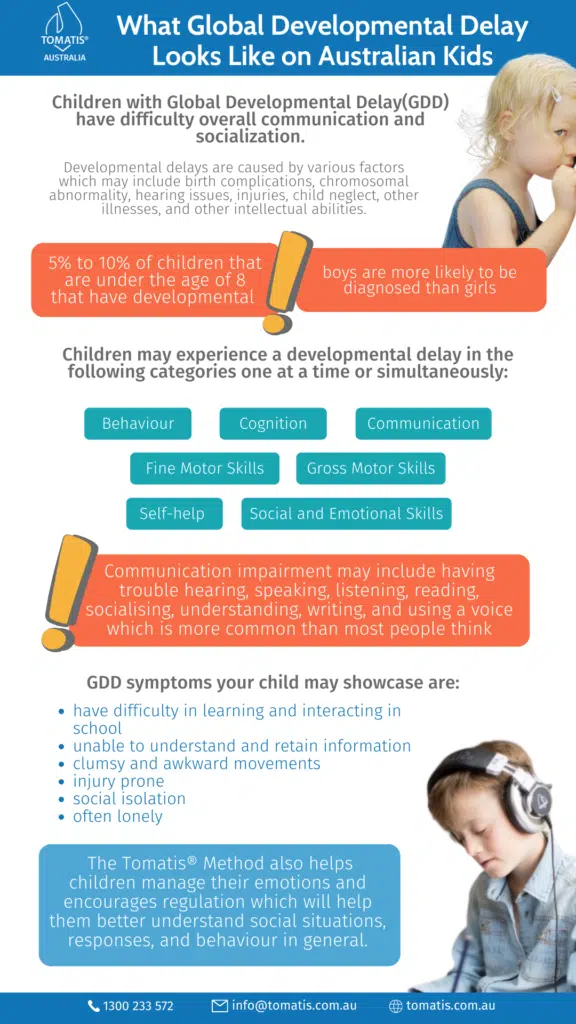SYDNEY, Australia — Children with Global Developmental Delay(GDD) have difficulty overall communication and socialization. As parents, it’s natural to keep up with how your child is progressing in terms of communication, behaviour, learning, or movement and all children will develop at their own pace. However, there are some children that will take longer to reach certain milestones because of developmental delay.
While developmental delay can be temporary, it can also be permanent in other children which may be a sign that they have global development delay (GDD) or another intellectual disability. Developmental delays are caused by various factors which may include birth complications, chromosomal abnormality, hearing issues, injuries, child neglect, other illnesses, and other intellectual abilities.
In Australia, there are 5% to 10% of children that are under the age of 8 that have developmental delays where boys are more likely to be diagnosed than girls. Children may experience a developmental delay in the following categories one at a time or simultaneously. When there is a delay in all of these areas, then the child’s condition is considered global developmental delay:
- Behaviour
- Cognition
- Communication
- Fine Motor Skills
- Gross Motor Skills
- Self-help
- Social and Emotional Skills







